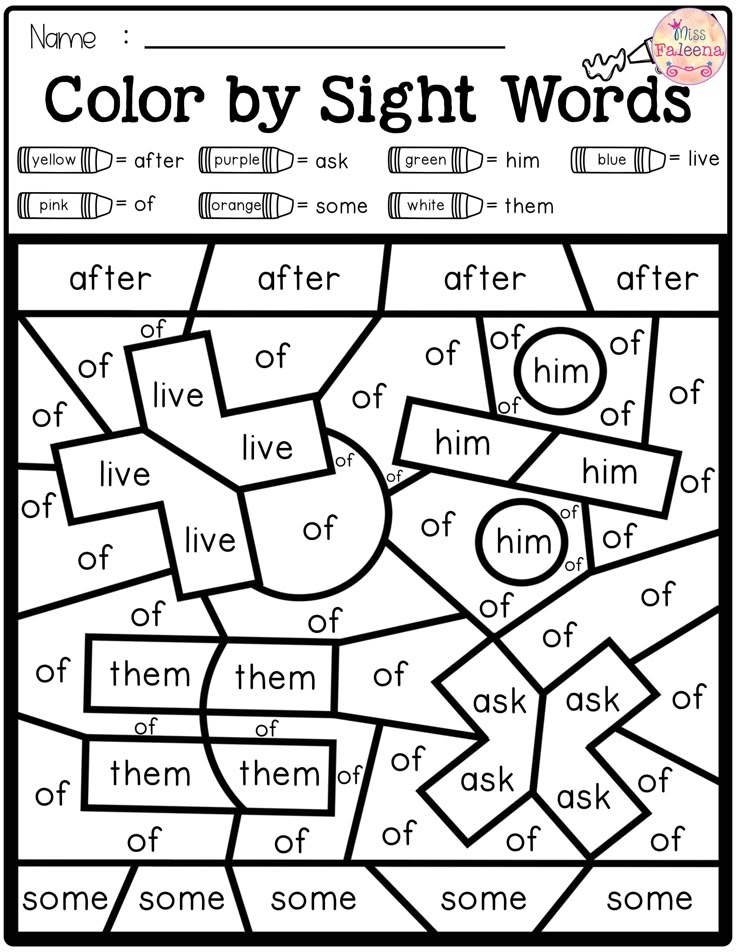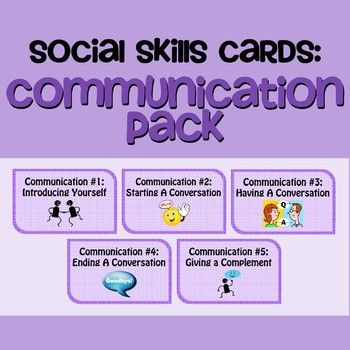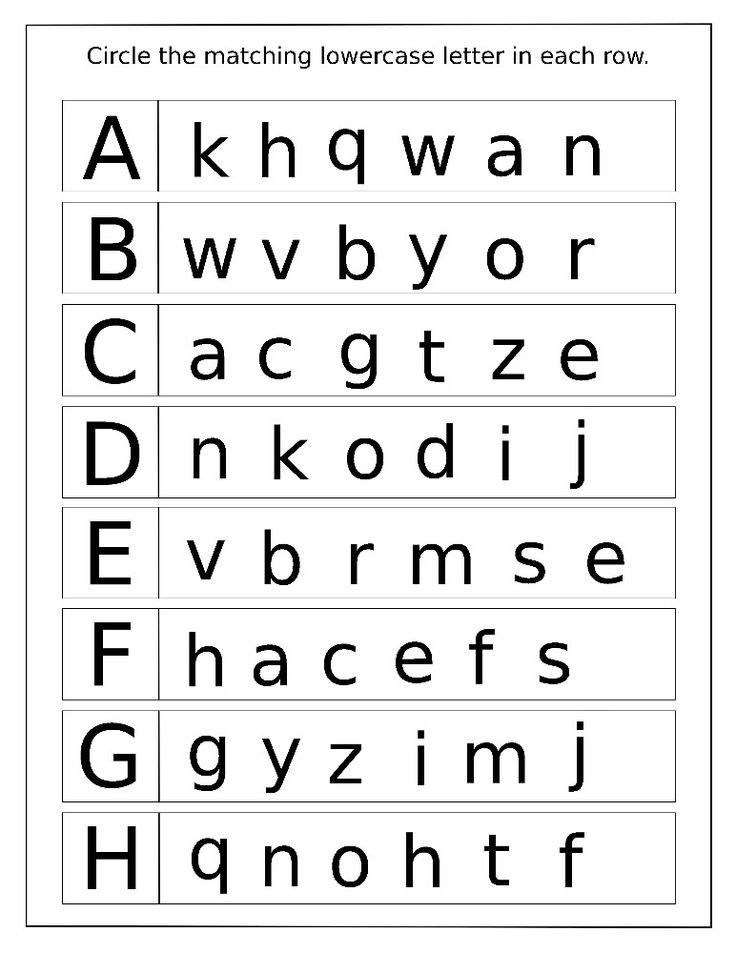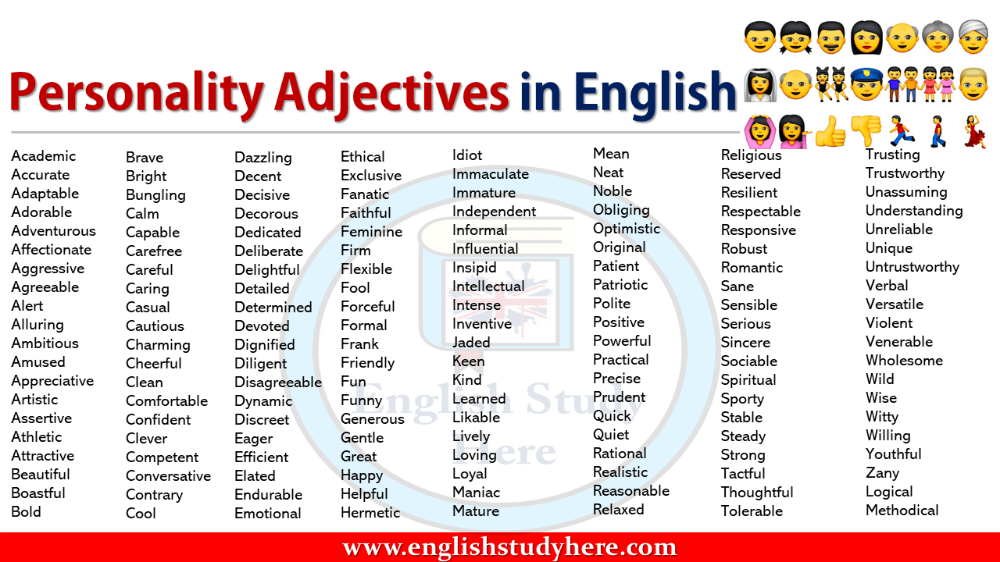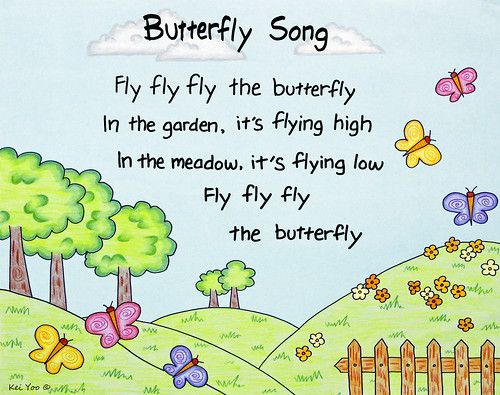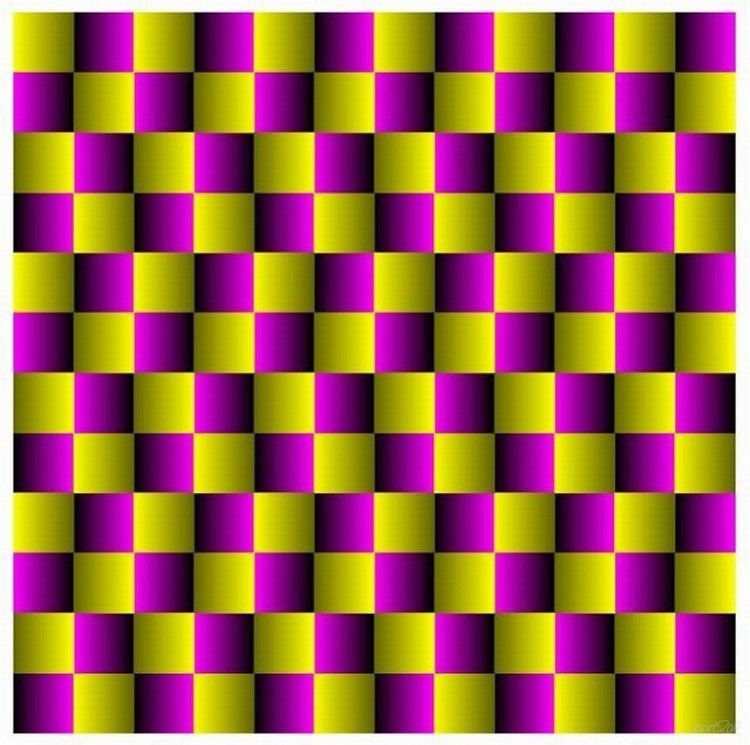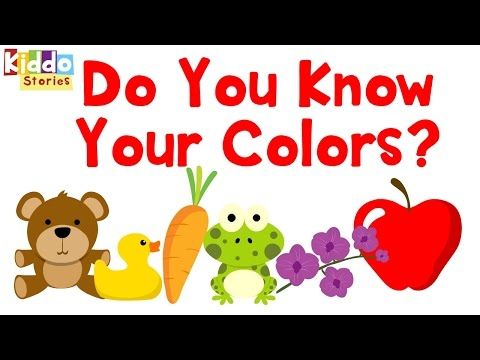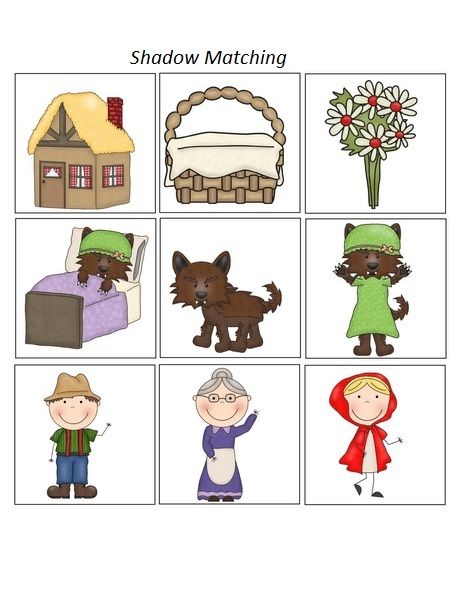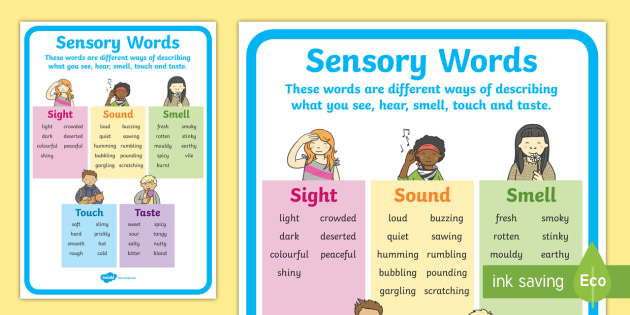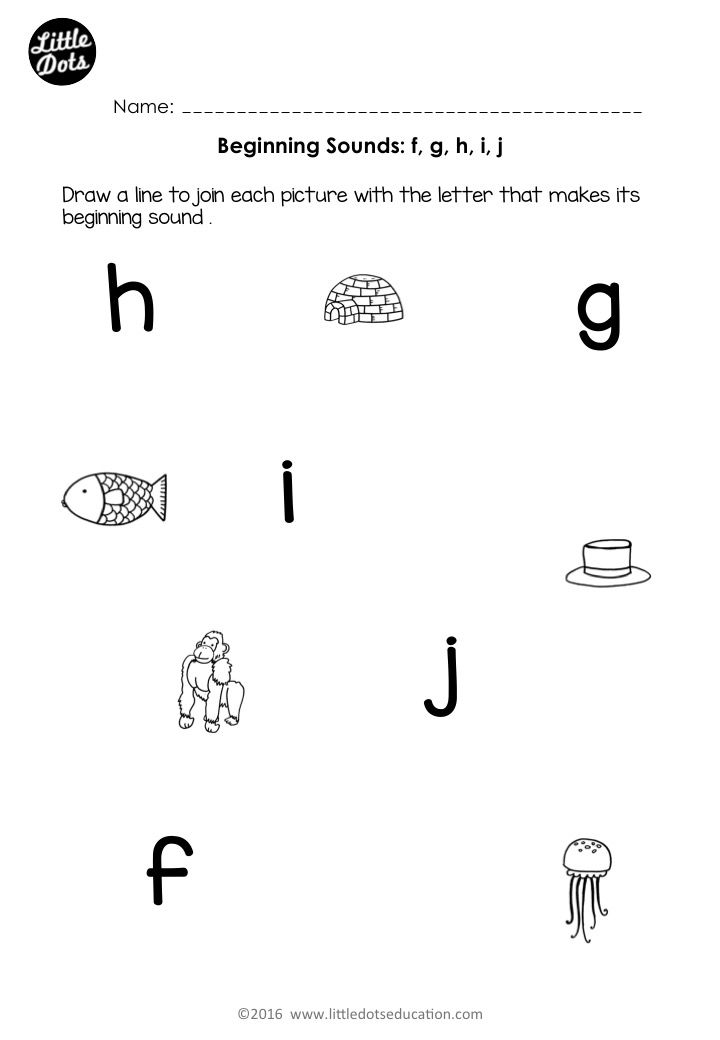Teaching letter preschool
5 Easy ways to teach the alphabet to preschoolers | Daycare Blog
Teaching children the alphabet is foundational to learning how to read. Before children can put together sounds or draw together lines that make words, they need to know what they are. If you’ve never taught the alphabet before, the concept may sound abstract: how do you teach something that comes so naturally to you? Teaching letters can be really fun and simple. In this article, we’ll give you easy ways to teach the alphabet to preschoolers.
1) Sing alphabet songs
Obviously, we all know the English-language, “A-B-C-D, E-F-G,” song. That’s a great place to start. However, there are more alphabet songs, which can add variety to your tunes, and help kids learn the alphabet in different ways.
This article lists a whole bunch of alphabet songs to try. And, if you saw our article on YouTube channels for toddlers and preschoolers, you can find letter-related songs there too. The visuals in videos can show objects that start with each letter, and sometimes the songs also pronounce sounds too.
One important note brought up by this early childhood educator, is that kids should go from singing the song, to being able to say and point out the letters without a tune. So don’t stop at singing!
2) Play letter matching games
Letter matching games are easy to set up. You can have a poster board with the alphabet printed on it in large letters. Have separate letter magnets or paper letters cut out at the same size as the print letters. Ask the preschoolers to match their cut outs to the letters on the chart. Where does “A” go? Place the letter “A” cut out on top of the printed “A” on the poster board. Get them to practice doing this with all the other letters.
As the early childhood educator mentioned above noted, you can also have an alphabet ‘arc,’ where one end of a half-circle shows the letter “A”, and the other end the letter “Z”. In between you can have other letters in the alphabet shown, but not all of them. Ask the preschoolers to put down their block letters in the right sequence, using the pre-filled in letters as clues.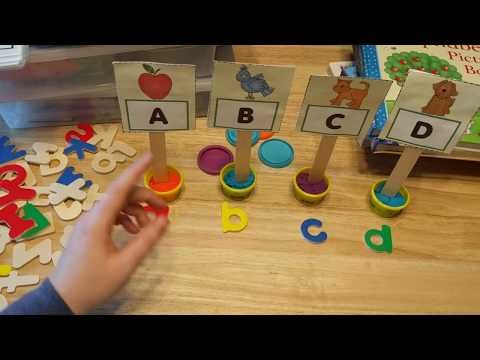
3) Open a new ‘alphabet box’ each week
You may have seen us post on Facebook that a certain week is brought to you by a letter we’re covering. It may be “C,” and you’ll see photos of us painting the letter C at daycare, or learning about animals that start with the letter “C.” Weekly letter themes are common in preschools.
You can take your weekly letter curriculum a step further by creating a box that children can open to discover objects that relate to that letter.
For example, on the week covering the letter “A,” your preschoolers can open (or even unlock) a box that contains an apple, a toy airplane, a toy alligator, an acorn, an arrow (a safe one!), and so on. In fact, don’t tell the children right away what letter the box of ‘treasures’ represents. Ask them if they can guess the letter they’ll cover that week by observing the objects in the box alone. This can be a fun and whimsical way to have your children get excited about the week ahead, and work together to come up with an answer.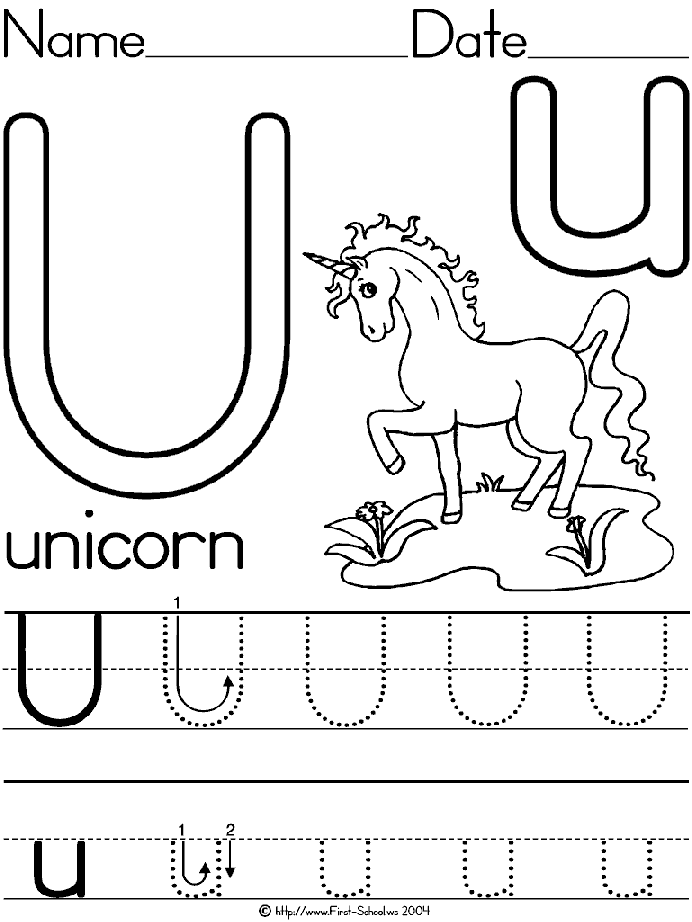
3) Use interdisciplinary learning with each letter, to strengthen letter associations
Since repeating a letter over and over again can get boring, you can mix it up a little by bringing in related lessons. You can start with a week’s letter as your core subject. Then, throughout the day, teach interdisciplinary subjects that still relate.
For example, if you are on the letter “R,” you can learn about the colour “red” too, since it starts with “R.” Ask the children, ‘what things are red?’ If you are on the letter “A,” you can learn about apples. We’ve done this before, where we teach children about the types of apples there are, as well as explain that seeds are inside an apple, and so on.
This blogger lists a whole bunch of crafts you can you incorporate into your letter learning. For example, you can make holes with a hole punch for the letter “H.” This can then lead into learning about the circle shape. You get the idea…
4) If you use flashcards to teach the alphabet, use logical ones
Flashcards are a great memorization tool, and the alphabet is all about memorizing.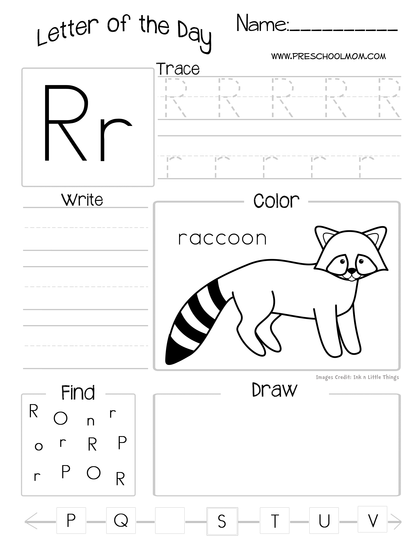 However, this teacher warns that sometimes, pre-made flashcards can get really confusing. If you are teaching the letter “D” and there is an image of something that simply uses the sound of “D” somewhere in the word, but doesn’t start with “D”… well you can quickly see how even adults would be confused by that.
However, this teacher warns that sometimes, pre-made flashcards can get really confusing. If you are teaching the letter “D” and there is an image of something that simply uses the sound of “D” somewhere in the word, but doesn’t start with “D”… well you can quickly see how even adults would be confused by that.
Remember, at this stage, you’re not teaching phonetics or complex vocabulary and pronunciation. First, children need to recognize and know the alphabet. Use the simplest flash cards, with the simplest pictures of the objects and animals that preschoolers can recognize.
That said, sometimes you want to use lowercase and uppercase letters in your flashcards…and yes, that can be confusing for the very young learners, especially when the upper and lowercase look so different, but are called the same thing. But if you’re using a set of magnets, for example, you can just use their uppercase versions, that’s ok (they may only come in that form). For very early learners, you can start really basic.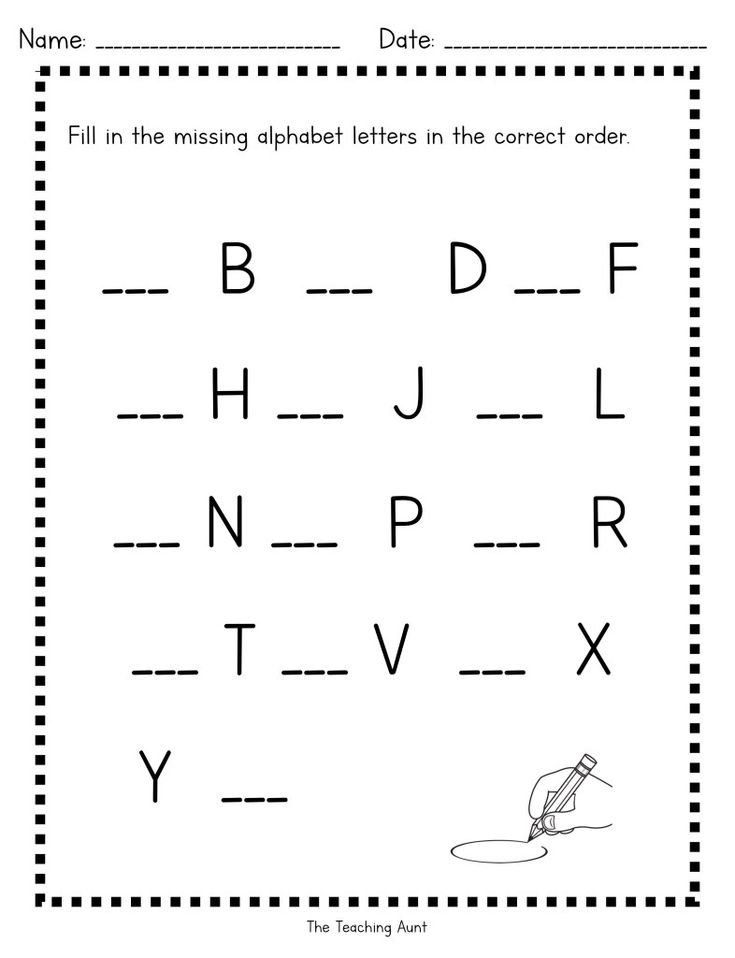 Just don’t forget to start showing them the lowercase and uppercase letters together at some point in their alphabet learning journey.
Just don’t forget to start showing them the lowercase and uppercase letters together at some point in their alphabet learning journey.
5) Eat foods shaped like letters to help preschoolers learn their alphabet
Speaking of interdisciplinary alphabet learning, why not do a baking session with the kids at preschool? They can use letter-shaped cookie cutters to make a fun and yummy snack. Meanwhile, there is a host of lessons you can teach with the baking activity. Chemistry, cooking, nutrition…the list goes on.
If you want the easy route, try commercially-sold letter-shaped biscuits. IKEA has a version of these. Ask your toddler or preschooler to name the alphabet letter they’re about to eat. Eating it can be the reward for getting it right!
And of course, there is alphabet soup, or noodles shaped like letters. You can make mealtime fun, and educational, with these edible alphabet manipulatives.
So there you have it, 5 easy ways to teach the alphabet to preschoolers.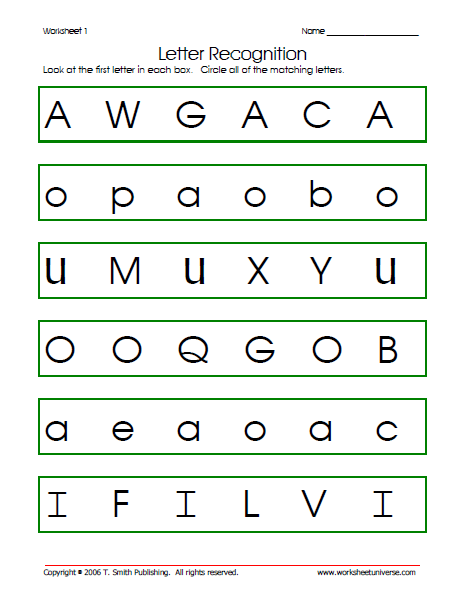 They may even be fun for you, too! It is super cute to hear little ones pronounce letters, and guess what object goes with each letter. When your preschoolers are learning the alphabet, be sure to take every teachable opportunity you can to encourage them to recognize letters in the world around them. If you’re on a field trip, ask the children if they can spot their letter-of-the-week on a street or building sign. If you’re reading a book, see if they can spot the letters you’re reading to them. Keep pushing letter recognition throughout the day, so the lessons can really sink into their memory.
They may even be fun for you, too! It is super cute to hear little ones pronounce letters, and guess what object goes with each letter. When your preschoolers are learning the alphabet, be sure to take every teachable opportunity you can to encourage them to recognize letters in the world around them. If you’re on a field trip, ask the children if they can spot their letter-of-the-week on a street or building sign. If you’re reading a book, see if they can spot the letters you’re reading to them. Keep pushing letter recognition throughout the day, so the lessons can really sink into their memory.
See more on our blog:
- How to teach digraphs to preschool children (6 ways)
- What is the best way to teach word recognition to early childhood readers?
- Why is literacy crucial in the early years? How can parents and preschools help with reading skills?
- How to teach toddlers and preschoolers to count, and learn their numbers
- Ideas for teaching shapes in preschool and daycare
How to teach the alphabet to preschoolers
PSPKK123January 24, 2013 • 73 Comments
This post contains affiliate links.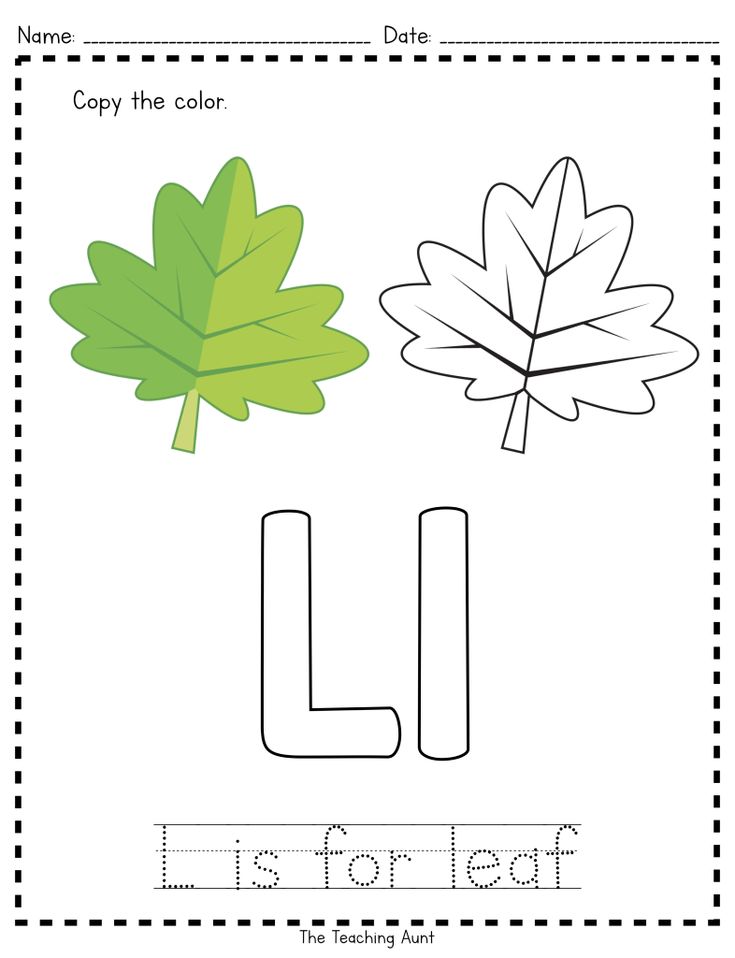 As an Amazon Associate I earn from qualifying purchases.
As an Amazon Associate I earn from qualifying purchases.
Sharing is caring!
Are you wondering how to teach the alphabet to preschoolers? Or just looking for ideas? You’ll find hundreds of ideas for playful learning at The Measured Mom®.
My oldest had a fascination for letters before she could talk. Even though she didn’t even call me Mommy until she was over two, she knew all her letters and added the sounds as soon as she could talk. Her younger brother picked them up just as quickly.
But it doesn’t work that way for everyone — and when my third little one was pushing three and still knew only a handful of letters, I knew I had to try a different tactic.
In fact, my decision to start a letter of the week study at our house and keep myself accountable was the very reason I began this blog. I’d like to share some simple ways to teach the alphabet to preschoolers – and direct you to a giant set of resources that will keep it fun!
How to teach the alphabet to preschoolers
1.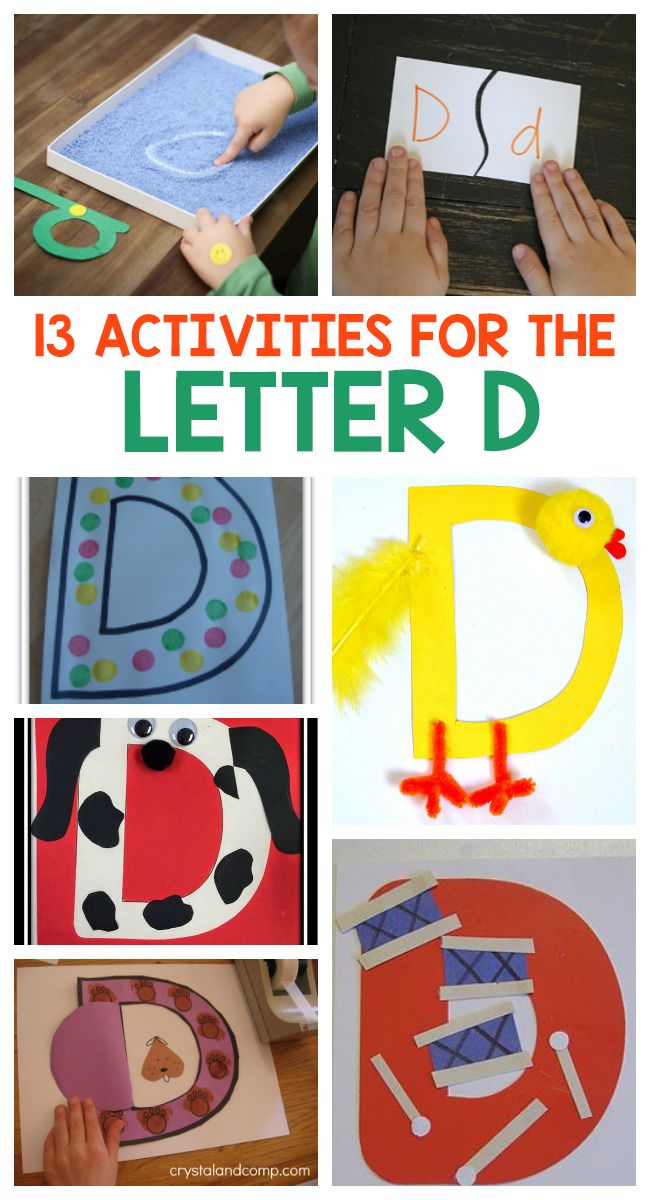 Read, read, and read. Read nursery rhymes, rhyming books, picture books and chapter books. Just READ.
Read, read, and read. Read nursery rhymes, rhyming books, picture books and chapter books. Just READ.
2. Notice print in the world around you. Call attention to exit signs, the toothpaste tube, and the Cheerios box.
3. Begin letter learning by helping your child learn the letters of his name. Before I start a more organized approach to teaching the alphabet to my preschoolers, they learn to recognize the letters of their name.
4. Teach the alphabet letter by letter. Not every early childhood teacher uses the Letter of the Week approach; many children learn their alphabet without it (my oldest two did). But I’ve found that Letter of the Week has been a helpful structure for me when designing learning activities at home. Even if you use more of a theme or unit approach to teaching preschoolers, you’ll find a huge variety of learning activities in my alphabet archives.
And when you purchase my Letter of the Week curriculum, you’ll have all the activities organized in an easy to follow format!
If you take one week per letter, you’ll have time to:
- read books for each letter
- do fine motor activities
- learn simple rhymes and songs
- create some fun crafts and art projects
- make math connections
- have some sensory fun
And more! It’s all in the ebook!
4. Keep bringing it back to the whole alphabet. If we’re doing a lot of meaningful activities, we will keep coming back to the whole alphabet.
Keep bringing it back to the whole alphabet. If we’re doing a lot of meaningful activities, we will keep coming back to the whole alphabet.
5. Be flexible. You may find that after a few months of letter of the week, your child suddenly recognizes every letter. Awesome! Don’t feel tied to this series. Pick and choose what (if any) activities you’d like to continue with. Even if you don’t continue Letter of the Week, your child will still benefit from listening to the many wonderful books I recommend in my alphabet book lists. You might also enjoy choosing some crafts and process art activities to do each week. And math activities certainly don’t need to be tied to a particular letter!
6. Keep it fun. Remember that kids this age learn best through play. They don’t need fancy flash cards or loads of worksheets. They need a variety of activities to stimulate their brains and to reach them the way that they learn best.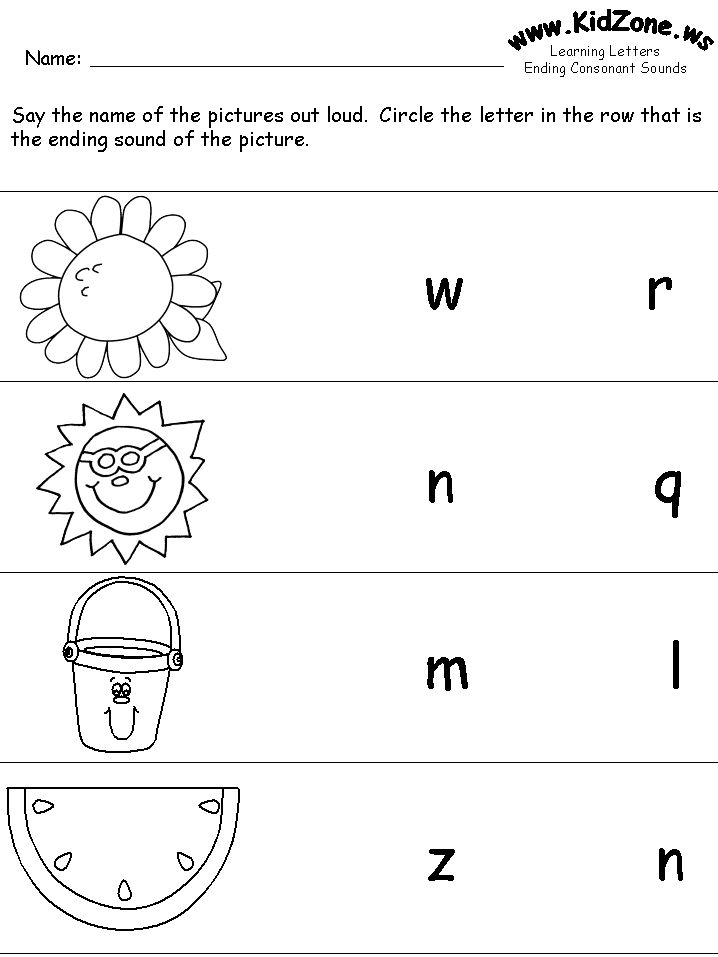
You know your children better than anyone. Choose the activities that your child needs — the ones that your child will love. I’ll provide a big set of ideas for each letter — not so you’ll do every one, but so that you have a lot to choose from when you pick what works best for your kids.
You can find crafts, books, math connections and more by clicking on these links:
CHECK OUT OUR LETTER OF THE WEEK CURRICULUM!
Letter of the Week Curriculum
$29.00
You’ll love this flexible, step-by-step guide to teaching the alphabet to preschoolers. It’s a combination of hands-on lessons, interactive printables, and mini-books … and you and your learners are sure to love it!
Buy Now
Free Alphabet Printables
Join our email list and get this free sample of alphabet activities from our membership site! Students will practice identifying and forming letters, matching upper to lowercase, and identifying beginning sounds.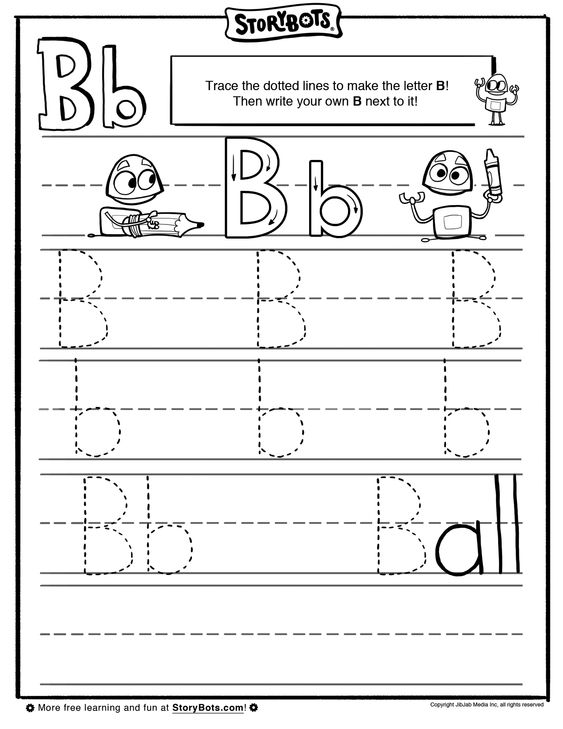
Sharing is caring!
Filed Under: Alphabet Tagged With: preschool, Pre-K
You May Also Enjoy These Posts:
Healthier Peanut Butter Cookies
A Simple Sensory Bin for Letter E
Reader Interactions
Trackbacks
Department of Education of the Administration of the Russian Geographical Society - Preschool education
Documents that form the basis of the legal and software and methodological support of the system of preschool education
1. The Constitution of the Russian Federation.
2. The UN Convention on the Rights of the Child was approved by the UN General Assembly on November 20, 1989 and entered into force for the USSR and the Russian Federation on September 15, 1990.
3. Federal Law No. 124-FZ of July 24, 1998 “On Basic Guarantees of the Rights of the Child in the Russian Federation” (as amended on July 20, 2000).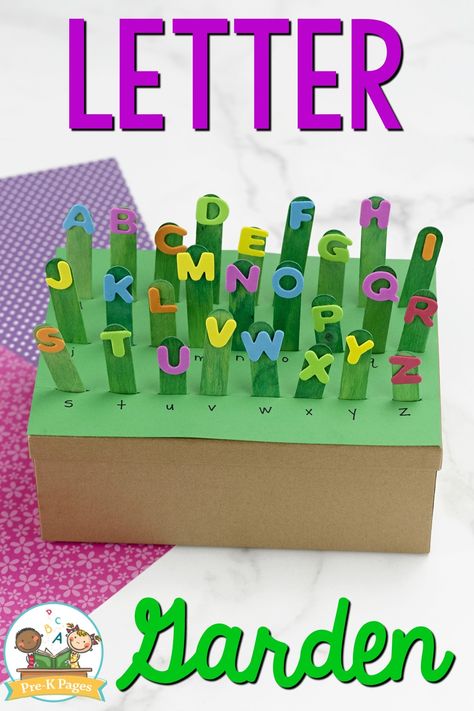
4. Federal Law No. 71-FZ of April 28, 2009 “On Amendments to the Federal Law “On Basic Guarantees of the Rights of the Child in the Russian Federation” (adopted by the State Duma of the Federal Assembly of the Russian Federation on April 15, 2009).
5. Law of the Russian Federation of December 29, 2012 No. 273-FZ "On Education"
6. Order of the Ministry of Education and Science of the Russian Federation of April 8, 2014 No. 239 "On Approval of the Procedure for Admission to Preschool Education Programs"
8. Federal Service for Supervision of Consumer Rights Protection and Human Welfare. Decree No. 9 of July 22, 20101 (Registered in the Ministry of Justice of the Russian Federation on August 27, 2010 No. 18267).
9. On the approval of SanPiN 2.4.1.3049-13 "Sanitary and epidemiological requirements for the arrangement, maintenance and organization of the working regime in preschool organizations" dated 15.05.2013 No. 26
10. On the approval of sanitary and epidemiological rules SP 3.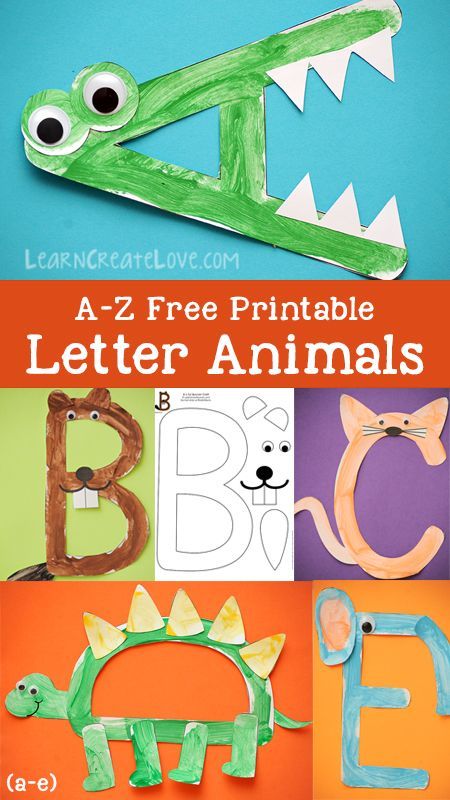 1 / 2.43598- 20 “Sanitary and epidemiological requirements for the arrangement, maintenance and organization of the work of educational organizations and other social infrastructure facilities for children and youth in the context of the spread of a new coronavirus infection (COVID-19)
1 / 2.43598- 20 “Sanitary and epidemiological requirements for the arrangement, maintenance and organization of the work of educational organizations and other social infrastructure facilities for children and youth in the context of the spread of a new coronavirus infection (COVID-19)
11. On approval of sanitary rules SP 2.4.3648-20 "Sanitary and epidemiological requirements for organizations of education and training, recreation and health improvement of children and youth"
12. On approval of sanitary and epidemiological rules and norms SanPiN 2.3/2.4. 3590-20 "Sanitary and epidemiological requirements for the organization of public catering of the population"
13. Order of the Ministry of Education and Science of the Russian Federation of October 17, 2013 No. '1155 "On approval of the federal state standard for preschool education"
14. Order of the Ministry of Education and Science of the Russian Federation dated March 24, 2010 No. 209 “On the procedure for attestation of teaching staff of state and municipal educational institutions”.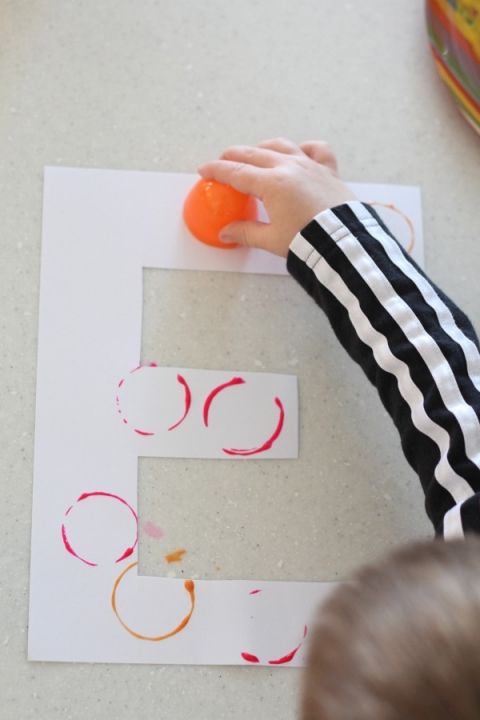
15. Order of the Ministry of Health and Social Development of the Russian Federation of 14.08.2009 N 593 "Unified qualification reference book for the positions of managers, specialists and employees" Section "Qualification characteristics of the positions of education workers".
16. Instructive-methodical letter of the Ministry of Education of the RSFSR dated 17.07.1980 No. 295-M "On the organization of educational work with children on a walk."
17. Letter of the Ministry of Education of the Russian Federation dated May 17, 1995, No. 61 / 19-12 “On the psychological and pedagogical requirements for games and toys in modern conditions”.
18. Letter of the Ministry of Defense of the Russian Federation No. 30-51-547/16 dated July 22, 2002 “On the organization of general education for parents in general education institutions”.
19. Letter from the Ministry of General and Vocational Education of the Russian Federation dated 26.05.99. No. 109/23-16 "On the introduction of psychological and pedagogical expertise and criteria for evaluating children's games and toys.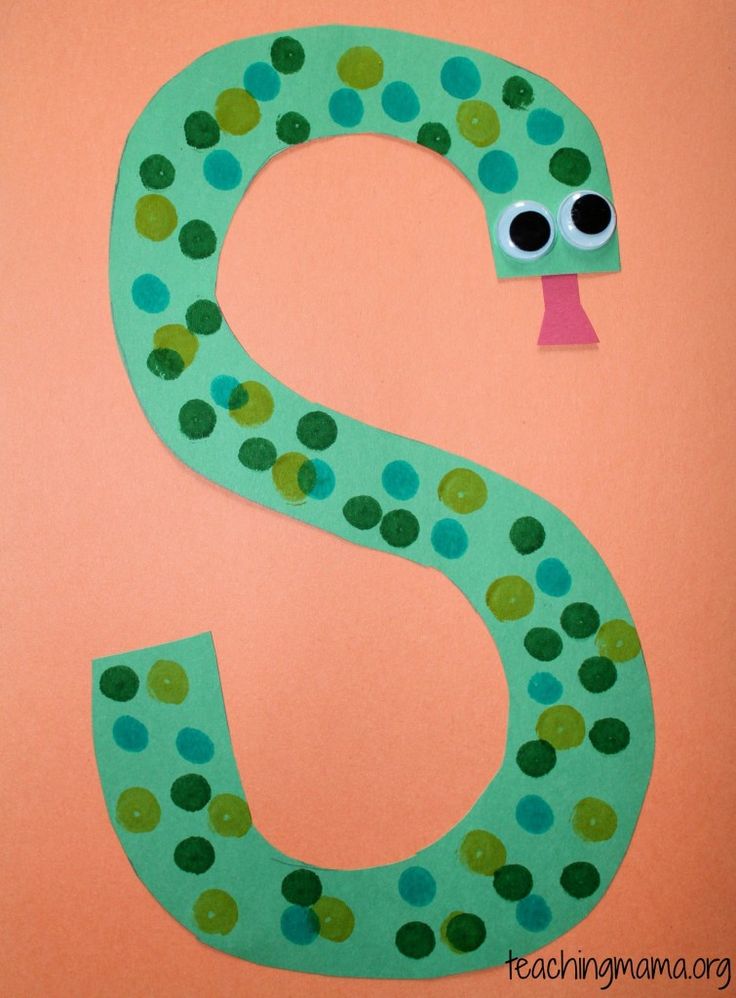 "
"
20. Order of the Ministry of Education of the Russian Federation dated June 26, 2000 No. 1917 “On the examination of board, computer and other games, toys and play structures for children”.
21. The concept of preschool education.
content of the developing environment of preschool children brought up in the family.
24. Letter of the Ministry of Education of the Russian Federation dated 16.01.2002 No. 03-51-5in/23-03 "On the integrated upbringing and education of children with developmental disabilities in preschool educational institutions."
25. Letter of the Ministry of Education of the Russian Federation of 29.06.1999 "On the organization in preschool educational institutions of short-term stay groups for children with developmental disabilities"
List of regulations that ensure the modernization of municipal systems of preschool education
1. Law of the Russian Federation "On Education".
2. Law of the Russian Federation “On the Basic Guarantees of the Rights of the Child in the Russian Federation” of August 24, 1998 No.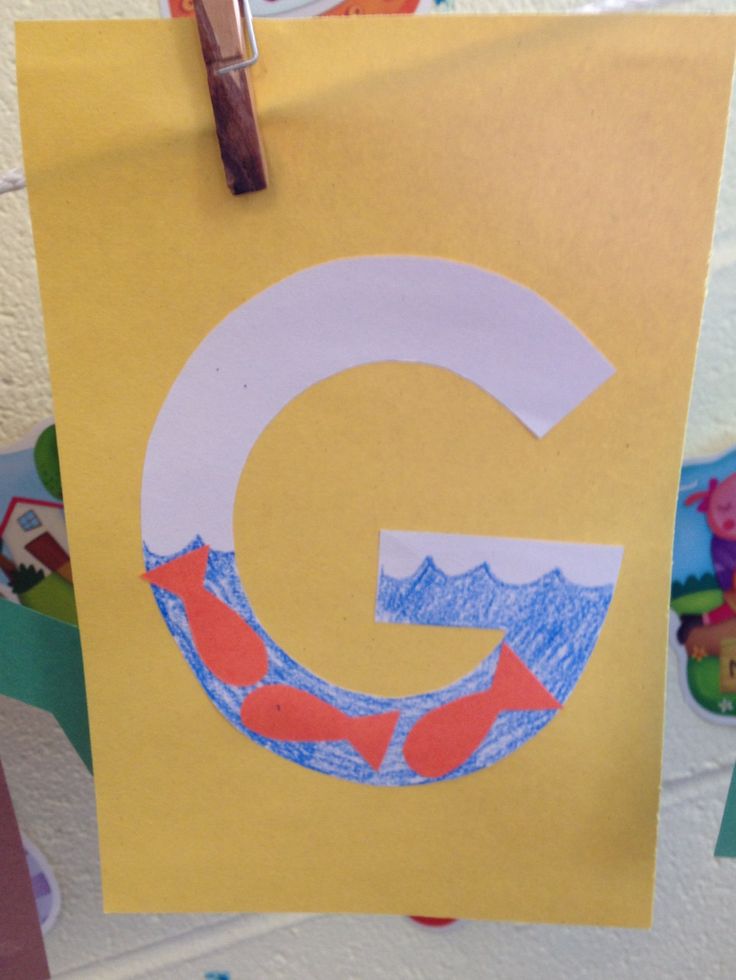 124-FZ.
124-FZ.
3. The concept of long-term socio-economic development of the Russian Federation until 2020; Federal target program of education for 2011-2015
4. State program "Education and development of innovative economy: introduction of a modern model of education in 2009-2012".
5. National doctrine of education in the Russian Federation;
6. Decree of the Government of the Russian Federation "On approval of the regulation on licensing educational activities" dated 31.03.2009 No. 277.
7. Order of the Ministry of Education and Science of the Russian Federation "On approval of federal state requirements for the conditions for the implementation of the main general educational program of preschool education" dated 20.07. 2011 No. 2151.
8. Letter of the Ministry of Education of the Russian Federation “On the integrated upbringing and education of children with developmental disabilities in preschool educational institutions” 01 16.01.2002 No.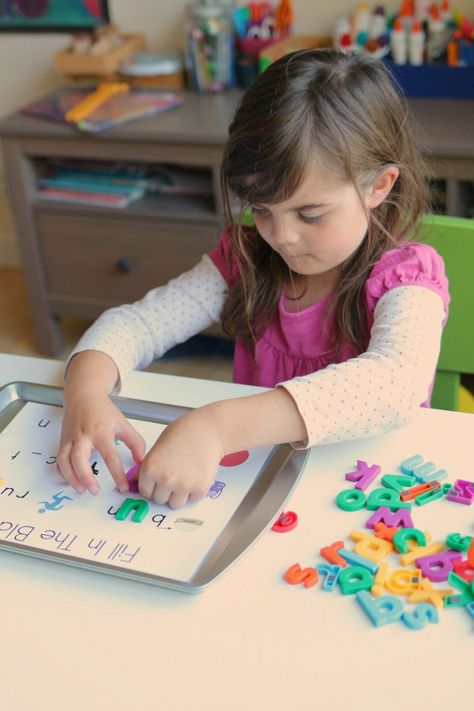 03-51-5 in / 23-03.
03-51-5 in / 23-03.
9. Letter of the Ministry of Education of the Russian Federation “On the organization of short-stay groups for children with developmental disabilities in preschool educational institutions” dated June 29, 1999
organized forms of education” dated March 14, 2000, No. 65/23-16.
11. Letter of the Ministry of Education and Science of the Russian Federation “On methodological recommendations for classifying a preschool educational institution as a certain type” dated May 31, 2007 No. 03-1213.
90,000 Preschool education - the Education Committee of the Lomonosovsky District of the Leningrad RegionRegulatory framework
Federal Law "On Education in the Russian Federation" (with Excessions) View
9000
Federal State Educational Standard for Preschool Education VIEW
"Procedure for organizing and implementing educational activities for basic general education programs - educational programs for preschool education" (approved by order of the Ministry of Education of the Russian Federation dated July 31, 2020 No.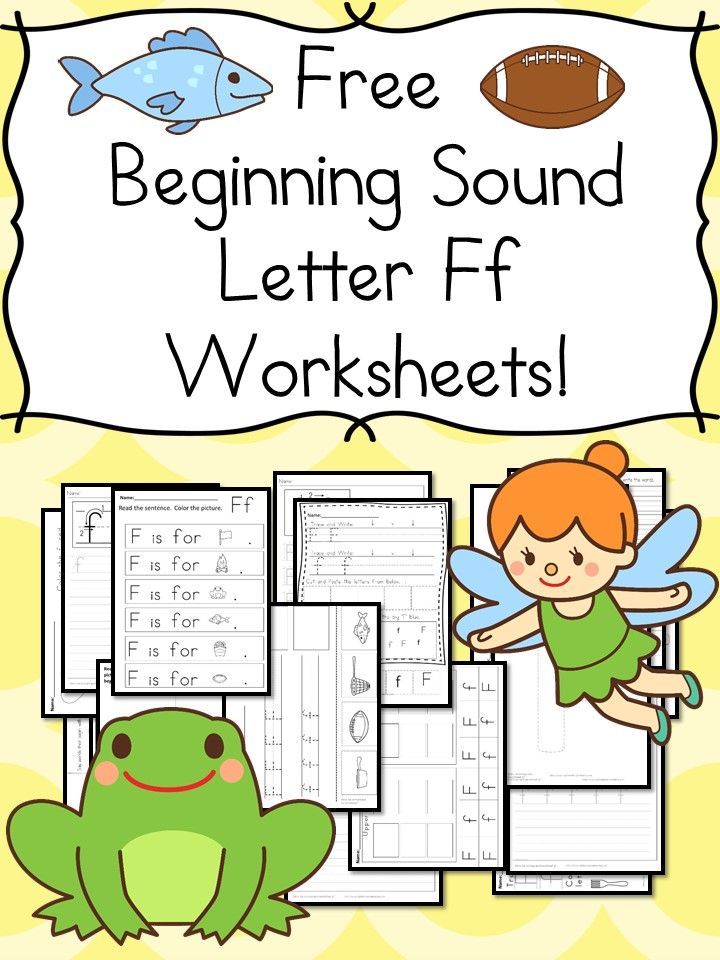 373) SEE
373) SEE
Sanitary rules SP 2.4.3648-20 "Sanitary and epidemiological requirements for organizations of education and training, recreation and rehabilitation of children and youth" (approved by the decision of the chief state sanitary doctor of the Russian Federation of 09.28.20202) SEE
SanPiN 1.2.3685-21 "Hygienic standards and requirements for ensuring the safety and (or) harmlessness of environmental factors for humans" (approved by the Decree of the Chief State Sanitary Doctor of the Russian Federation dated January 28, 2021 No. 2) SEE
Sanitary and epidemiological rules and norms SanPiN 2.3 / 2.4.3590-20 "Sanitary and epidemiological requirements for the organization of public catering for the population" (approved by the decision of the chief state physician of October 27, 2020 N 32) SEE 80
The procedure for admission to study in educational programs of preschool education (approved by order of the Ministry of Education of the Russian Federation dated May 15, 2020 No.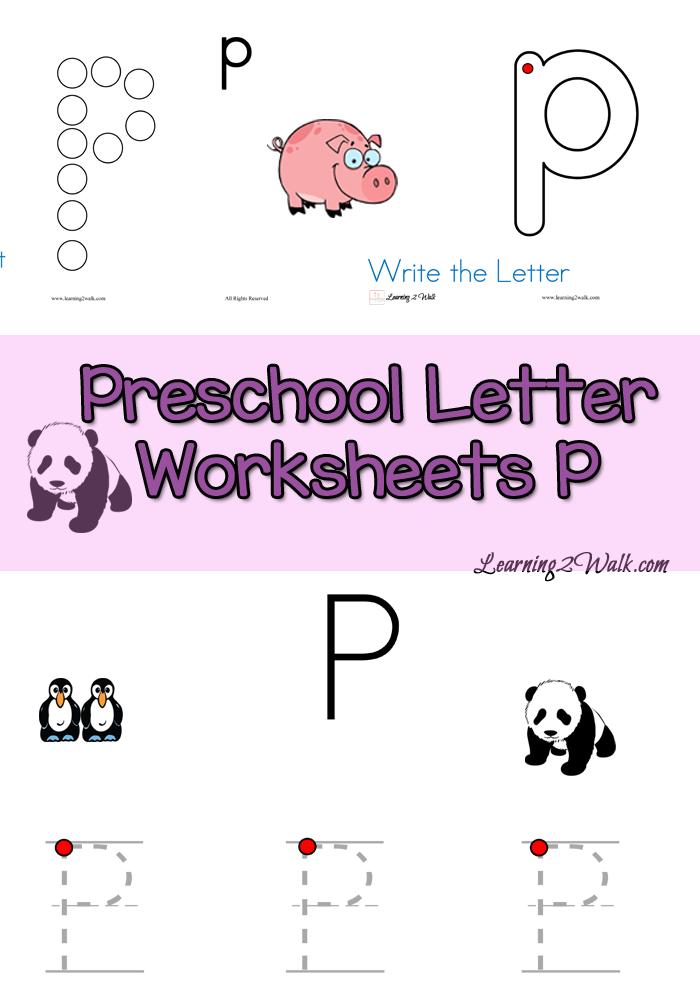 236) LOOK
236) LOOK
Order on amendments to the "Procedure for admission to study in educational programs of preschool education" No. 471 dated 08.09.2020 No. 686 dated 04.10.2021 SEE
QUALITY OF PRESCHOOL EDUCATION
Order of the Education Committee No.1.4.9028-r "On approval of the Regulations on the municipal system for assessing and managing the quality of education in the Lomonosov district" << see >>
Regulations on the municipal system for assessing and managing the quality of education in the Lomonosov district
System for monitoring the quality of preschool education in the Lomonosovsky district <
Concept of MKDO Russian Federation <
| Assistance to the region in the implementation of measures aimed at improving the quality of educational programs of preschool education | - Letter "On monitoring the quality of preschool education in MDOU" No. - KOPO Order No. 19-11229/2022 dated 04/26/2022 SEE - Letter on sending analytical reports and targeted recommendations based on the results of the MKDO (out.01-09/969 dated 06/30/2022) Annex 3 p.41 (regional monitoring) SEE - Decree No. 111-r dated April 29, 2022 "On the participation of municipal educational organizations of the Lomonosov district, implementing the educational program of preschool education, in the implementation of a regional project to improve the quality of preschool education in the Leningrad Region" SEE - Decree No. 144-r dated 07/04/2022 "On approval of the plan for monitoring the quality of education in educational institutions implementing the main educational program of preschool education, within the framework of the municipal system for assessing the quality of education for the 2022-2023 academic year" SEE
|
| Assistance to the region in the implementation of measures aimed at the professional development of preschool teachers | - Order on holding the municipal stage of the competition of professional pedagogical skills (Decree No. - Order on holding the festival "Lomonosov Fair: the best pedagogical practices and educational innovations of the region" (Ordinance No. 68-r dated 03/04/2022) SEE - Order on holding the municipal stage of the Forum of Pedagogical Ideas and Innovative Practices (Decree No. 213-r of 10/29/2021) SEE |
| Assistance to the region in the implementation of measures aimed at improving the quality of educational conditions in preschool educational institutions | Letter of direction to the CPC "Methodological support for educational activities in preschool educational institutions in the context of GEF DO" No. 01-09/1002 dated 03/09/2021 SEE Decree No. 111-r dated April 29, 2022 "On the participation of municipal educational organizations of the Lomonosov district, implementing the educational program of preschool education, in the implementation of a regional project to improve the quality of preschool education in the Leningrad Region" SEE - Order No. |
| Assistance to the region in the implementation of measures aimed at improving the quality of preschool education for children with disabilities | - Order No. 144-r dated 07/04/2022 "On approval of the plan for monitoring the quality of education in educational institutions implementing the main educational program of preschool education, within the framework of the municipal system for assessing the quality of education for the 2022-2023 academic year" SEE - Letter "On monitoring the implementation of AOOP in MDOU" No. 01-09/901 dated 06/14/2022 SEE KOPO Order No. 19-15706/2022 of 06/09/2022 SEE - Letter No. 01-09/1012 dated July 11, 2022 "On sending an analytical report and recommendations based on the results of monitoring the implementation of the AOOP in MDOU" SEE - Analysis of the work of the methodological association of teachers-speech therapists and defectologists of the Lomonosov municipal district for the 2020-2021 academic year. - Report on the implementation of the activities of the TPMPC of the Lomonosovsky District of the Leningrad Region for 2020 (Section 4, p. 3) Report_TPMPK_2020.pdf |
| Assistance to the region in the implementation of measures aimed at developing mechanisms for managing the quality of preschool education | Order of the Education Committee of the Administration of the Lomonosov Municipal District of 09/30/2020 No. 123-r "On the organization of work to assess the quality of the activities of the heads of educational organizations and the professional development of teachers of educational organizations of the Lomonosov Municipal District of the Leningrad Region" WATCH Order of the Education Committee dated February 21, 2020 No. 45-r "On referral to advanced training courses on the topic: "Managerial competence of the leader: development of soft skills (soft skills)" SEE Application for CPC for Quality Assurance Managers BY 2022 VIEW Seminar for heads of MDOU "Mechanisms for managing the quality of education in a preschool educational organization in the system of implementing the federal project "Modern School" 06/08/2022 WATCH - Order No. |

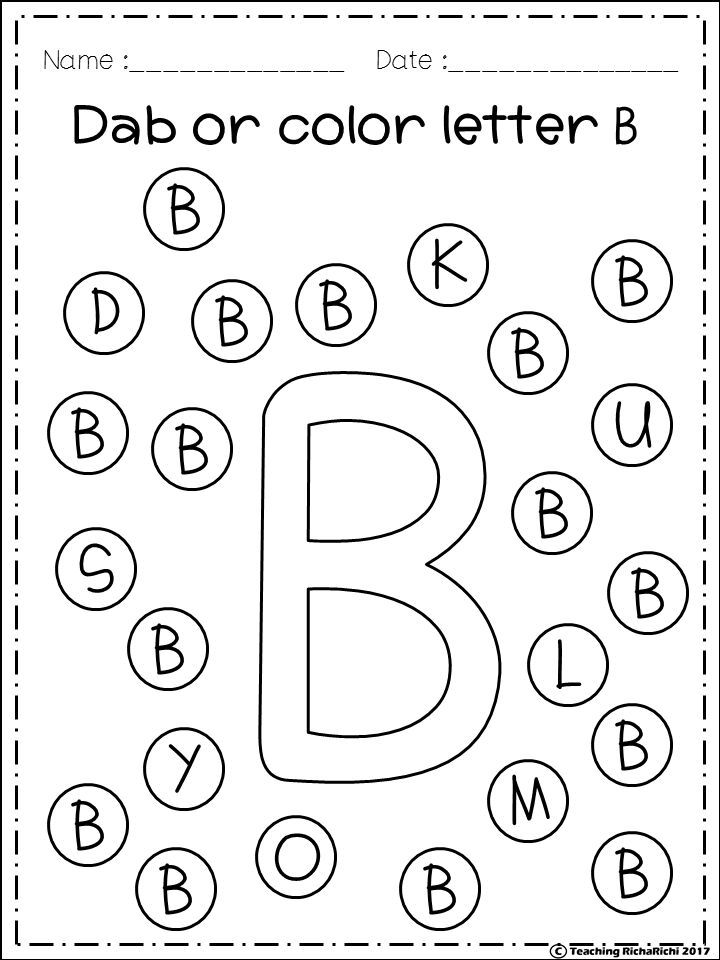 01-09 / 689 dated 04/27/2022 SEE
01-09 / 689 dated 04/27/2022 SEE 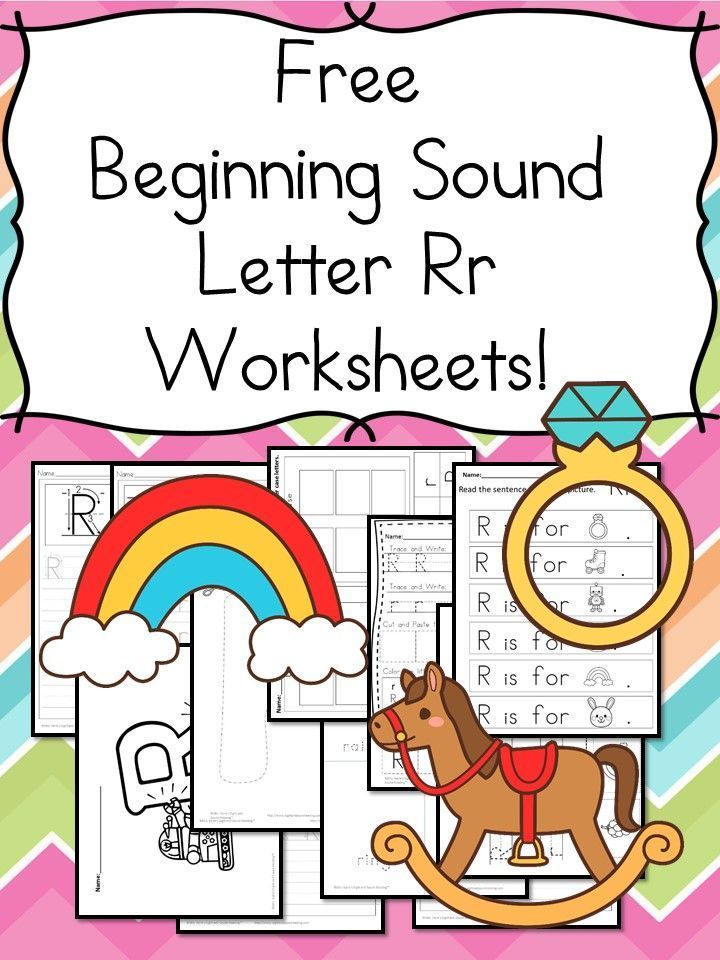 19-p dated 01/24/2022) SEE
19-p dated 01/24/2022) SEE 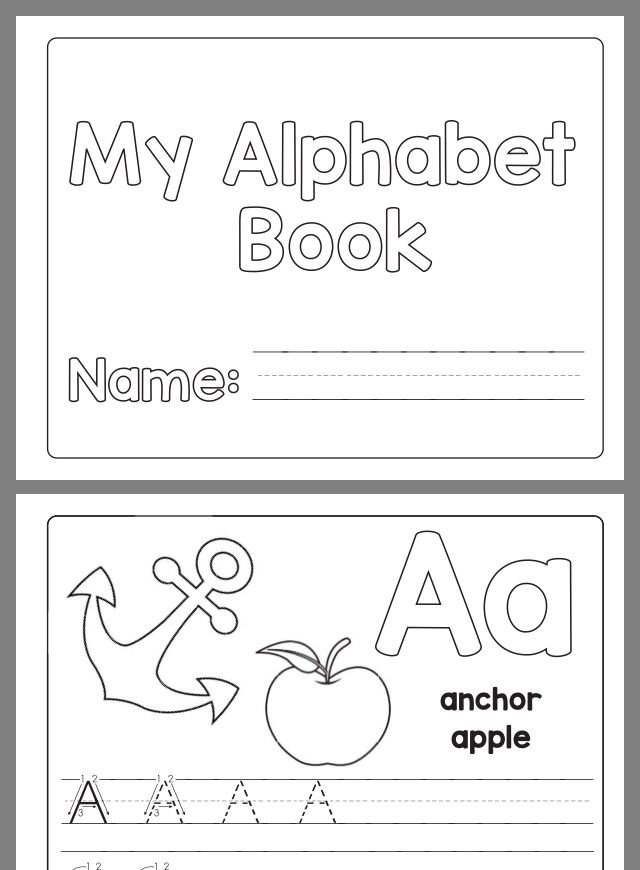 144-r dated 07/04/2022 "On approval of the plan for monitoring the quality of education in educational institutions implementing the main educational program of preschool education, within the framework of the municipal system for assessing the quality of education for the 2022-2023 academic year" SEE
144-r dated 07/04/2022 "On approval of the plan for monitoring the quality of education in educational institutions implementing the main educational program of preschool education, within the framework of the municipal system for assessing the quality of education for the 2022-2023 academic year" SEE 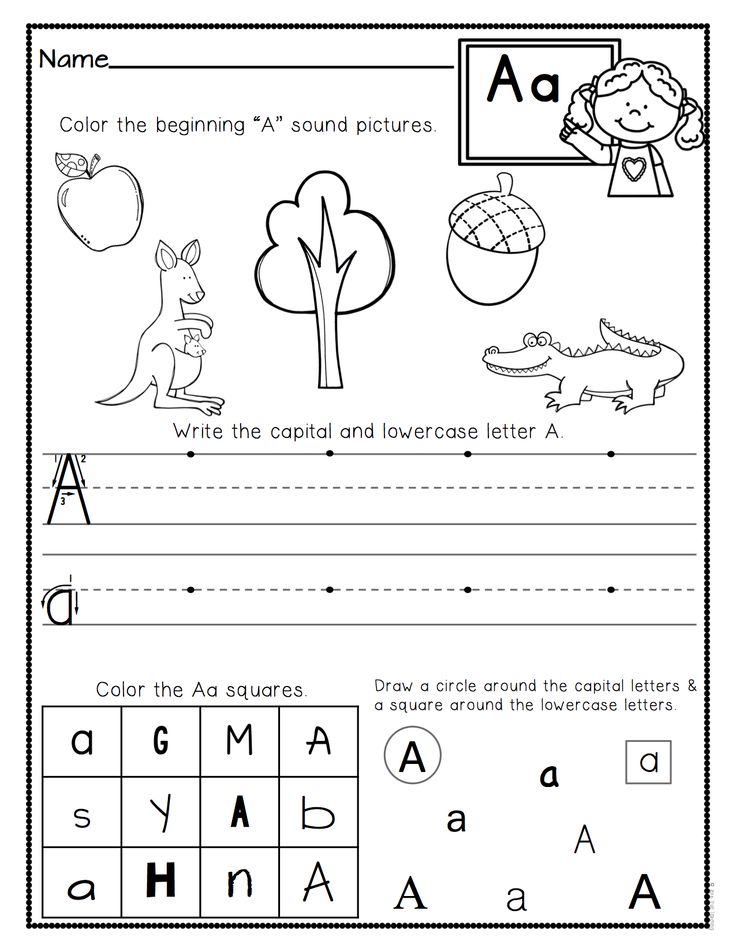 year LOOK
year LOOK 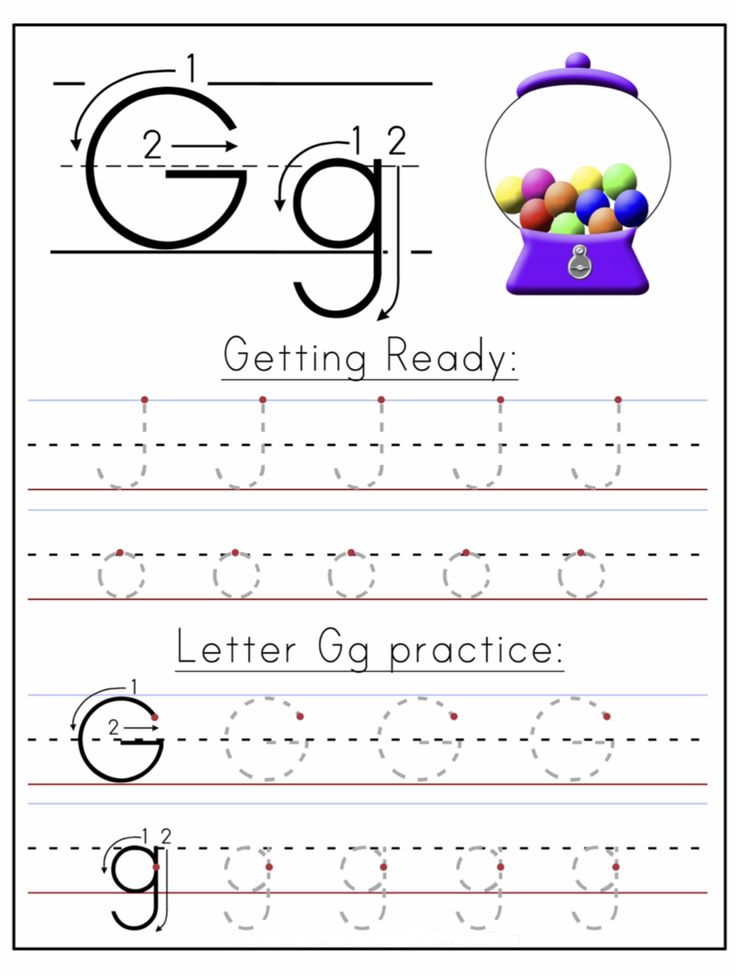 144-r dated 07/04/2022 "On approval of the plan for monitoring the quality of education in educational institutions implementing the main educational program of preschool education, within the framework of the municipal system for assessing the quality of education for the 2022-2023 academic year" SEE
144-r dated 07/04/2022 "On approval of the plan for monitoring the quality of education in educational institutions implementing the main educational program of preschool education, within the framework of the municipal system for assessing the quality of education for the 2022-2023 academic year" SEE 
